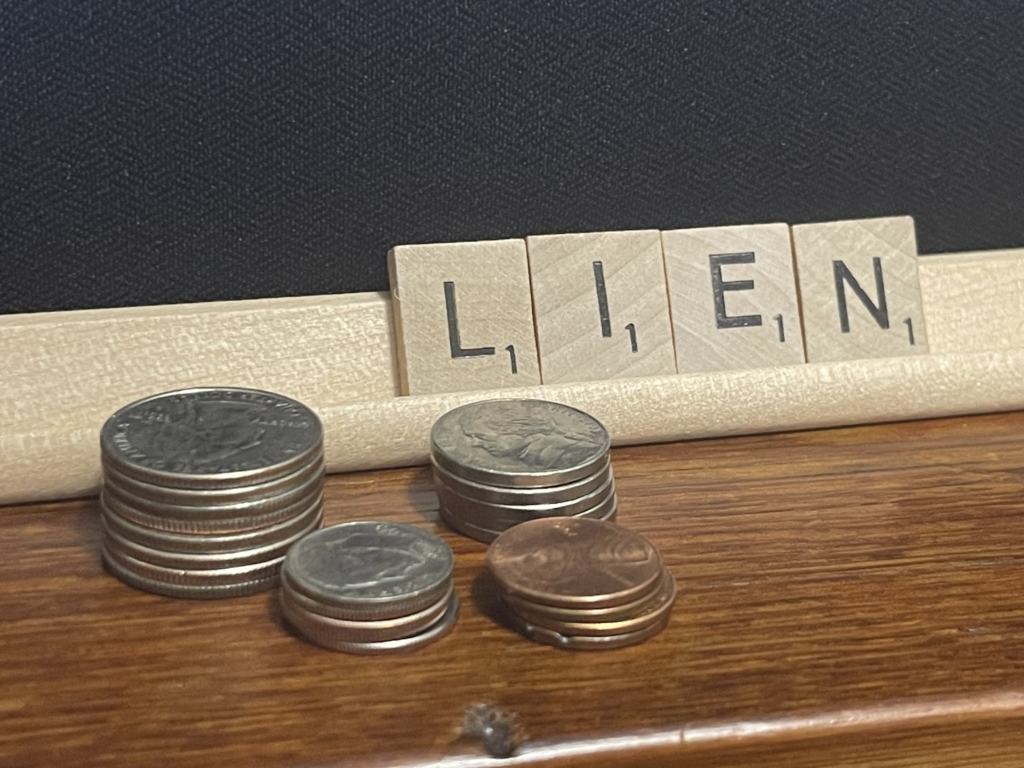Understanding Liens in Personal Injury Cases: What You Need to Know
There are many complexities in a personal injury case. Many factors may go into determining whether you want to accept a settlement. One such factor is whether there are any liens on your settlement. Liens on personal injury cases can affect how much you ultimately receive from a settlement or court award. Here’s a breakdown of what you need to know about liens and how they impact your case.
What is a Lien?
A lien is a legal right or interest that a creditor has in the debtor’s property until the debt obligation is satisfied. Many people may understand liens in the capacity of a car note or mortgage. However, liens can arise in personal injury cases as well. In a personal injury case, the settlement is considered the debtor’s property. One such example of that is the attorneys’ fee. Just about every personal injury attorney will work on a contingency fee, which means they take a percentage of the settlement to satisfy their fee, and their fee is a lien on the settlement. Other liens that may exist in a personal injury case include may include medical bills or other expenses incurred as a result of the injury. For instance, if you received medical treatment and didn’t pay for it out of pocket, the healthcare provider may place a lien on any settlement or judgment you receive.
Common Types of Liens in Personal Injury Cases
- Medical Liens: These are the most common types of liens in personal injury cases. When you receive medical care for injuries sustained in an accident, the healthcare provider may agree to defer payment until your case is resolved. In return, they place a lien on your settlement to ensure they get paid.
- Health Insurance Liens: In some states, your health insurance company may have the right to a lien for payments they made on your medical bills related to your injury. This means they are entitled to be paid back the amounts they paid for medical bills from your settlement or jury award. This is known as a subrogation lien. Insurance companies typically assert this lien to recoup the money they paid on your behalf. In most states, this is only the case if you used a specific kind of health insurance plan through your employer under the Employee Retirement Income Security Act of 1974 (ERISA). There are many caveats to whether your health insurance can recover their subrogation under ERISA, most notably whether this was a self-funded plan. If your employer had such a plan in place, and you used this plan, his lien is valid under federal law.
- Workers’ Compensation Liens: If your injury occurred at work and you received workers’ compensation benefits, the workers’ comp insurer may have a lien on your personal injury settlement to recover the benefits they provided.
- Government Liens: If you had government insurance, such as Medicare, Medicaid, TriCare, Veterans Administration (VA), or a plan under the Federal Employees Health Insurance Act (FEHBA), the government is almost always entitled to be paid back the amount they paid for your medical bills when you recovery from the at-fault party. In this event, the government will place a lien on your settlement.
How Liens Affect Your Settlement
Liens can significantly impact your personal injury settlement. Here’s how:
- Reduction in Net Recovery: Liens are usually paid out of the settlement amount before you receive your share. This means the amount you actually take home could be considerably less than the gross settlement figure.
- Negotiation Opportunities: Liens can sometimes be seen as leverage, in that many lienholders may negotiate for a lesser amount, and other are required to reduce by law. This can be beneficial if you’re facing financial difficulties or if the settlement amount is less than anticipated.
- Legal Obligations: It’s essential to address liens appropriately. Failure to do so can result in other financial obligations you may face after a settlement or jury award on your case.
Handling liens on your own can be challenging. An experienced personal injury attorney can help you navigate this aspect of your case in several ways:
- Assessment: Your attorney will evaluate all potential liens against your case and determine their impact on your settlement. A knowledgeable injury attorney will be able to assess whether the liens in your case are valid and applicable.
- Negotiation: Your attorney can negotiate with lienholders to potentially reduce the amounts claimed or set up payment plans if necessary. If there is a reduction required by law, your attorney will know the right way to calculate the reduction to maximize your total recovery.
- Compliance: Your attorney will make all required payments to lienholders to ensure that your final settlement amount is correct and the lienholder does not come to you following the release of funds requesting you pay a lien. The last thing anyone wants after settling their case is for a lienholder to expect a payment from funds that have been issued. Your attorney should ensure that all legal obligations are met and that lien payments are handled correctly.
Conclusion
Understanding liens and their impact on your personal injury case is crucial to navigating the legal process effectively. Liens add a layer of complexity to any personal injury case. By working with a knowledgeable attorney, any liens will be managed efficiently to maximize your settlement or award. If you’re facing a personal injury case, don’t hesitate to seek professional advice to ensure that you’re informed and prepared for every aspect of your case.
If you have any questions or need assistance with your personal injury case, contact us today. Our experienced team is here to help you every step of the way.




